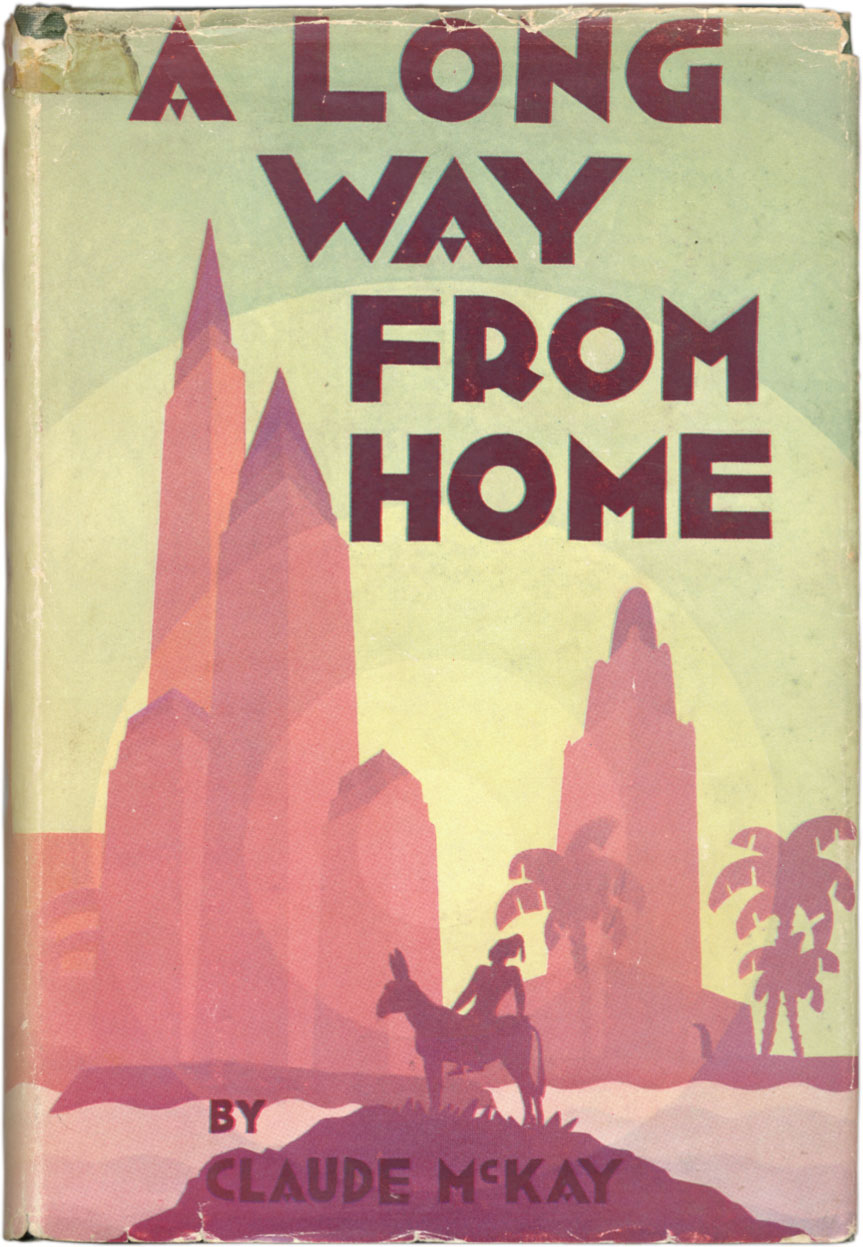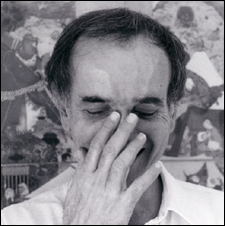dear white america
i’ve left Earth in search of darker planets, a solar system revolving too near a black hole. i’ve left in search of a new God. i do not trust the God you have given us. my grandmother’s hallelujah is only outdone by the fear she nurses every time the blood-fat summer swallows another child who used to sing in the choir. take your God back. though his songs are beautiful, his miracles are inconsistent. i want the fate of Lazarus for Renisha, want Chucky, Bo, Meech, Trayvon, Sean & Jonylah risen three days after their entombing, their ghost re-gifted flesh & blood, their flesh & blood re-gifted their children. i’ve left Earth, i am equal parts sick of your go back to Africa & i just don’t see race. neither did the poplar tree. we did not build your boats (though we did leave a trail of kin to guide us home). we did not build your prisons (though we did & we fill them too). we did not ask to be part of your America (though are we not America? her joints brittle & dragging a ripped gown through Oakland?). i can’t stand your ground. i’m sick of calling your recklessness the law. each night, i count my brothers. & in the morning, when some do not survive to be counted, i count the holes they leave. i reach for black folks & touch only air. your master magic trick, America. now he’s breathing, now he don’t. abra-cadaver. white bread voodoo. sorcery you claim not to practice, hand my cousin a pistol to do your work. i tried, white people. i tried to love you, but you spent my brother’s funeral making plans for brunch, talking too loud next to his bones. you took one look at the river, plump with the body of boy after girl after sweet boi & ask why does it always have to be about race? because you made it that way! because you put an asterisk on my sister’s gorgeous face! call her pretty (for a black girl)! because black girls go missing without so much as a whisper of where?! because there are no amber alerts for amber-skinned girls! because Jordan boomed. because Emmett whistled. because Huey P. spoke. because Martin preached. because black boys can always be too loud to live. because it’s taken my papa’s & my grandma’s time, my father’s time, my mother’s time, my aunt’s time, my uncle’s time, my brother’s & my sister’s time . . . how much time do you want for your progress? i’ve left Earth to find a place where my kin can be safe, where black people ain’t but people the same color as the good, wet earth, until that means something, until then i bid you well, i bid you war, i bid you our lives to gamble with no more. i’ve left Earth & i am touching everything you beg your telescopes to show you. i’m giving the stars their right names. & this life, this new story & history you cannot steal or sell or cast overboard or hang or beat or drown or own or redline or shackle or silence or cheat or choke or cover up or jail or shoot or jail or shoot or jail or shoot or ruin
this, if only this one, is ours.
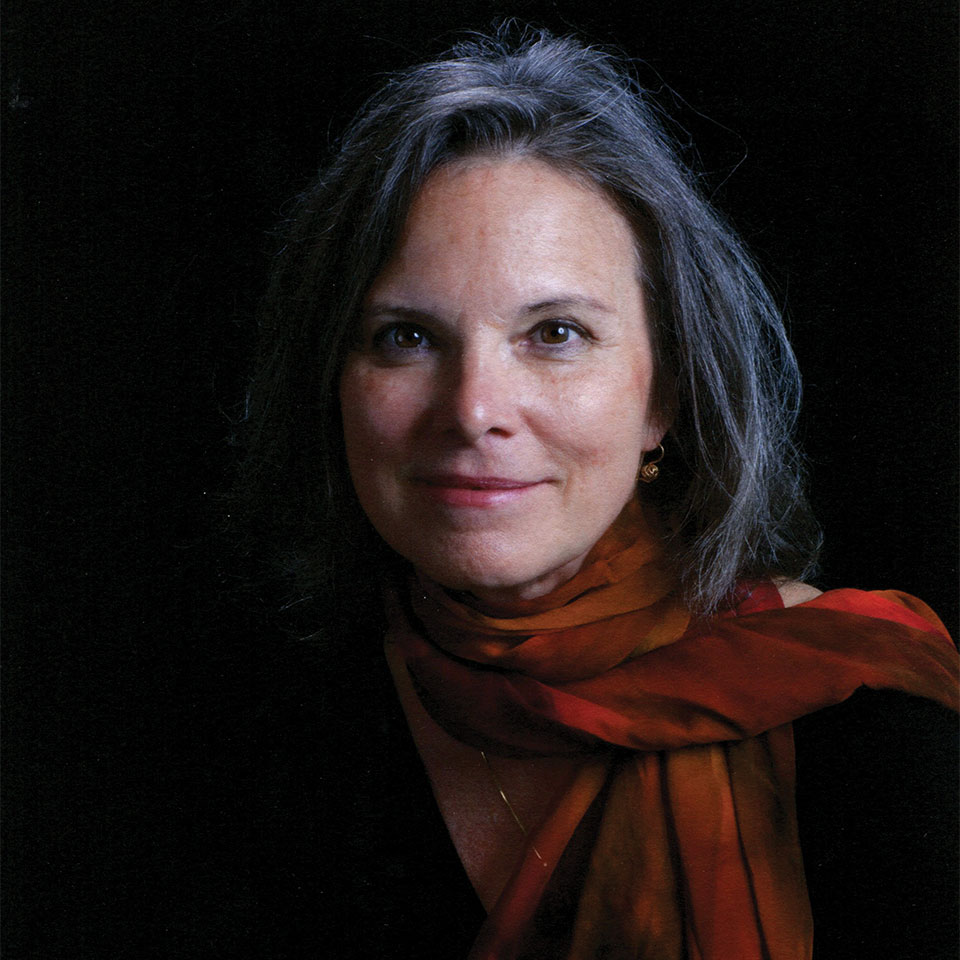
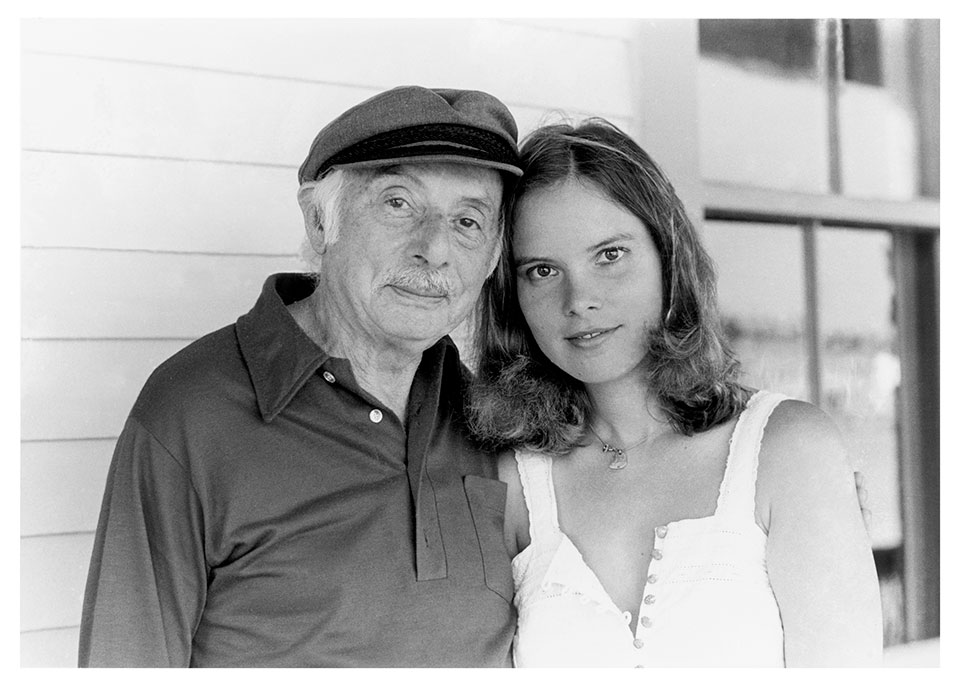
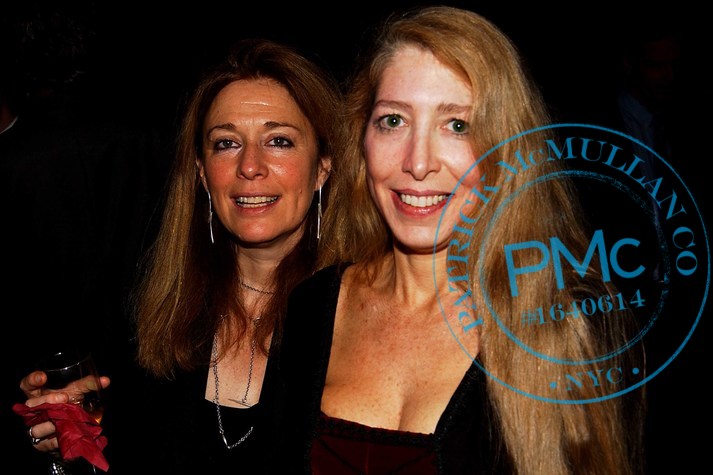

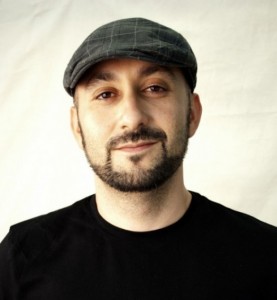
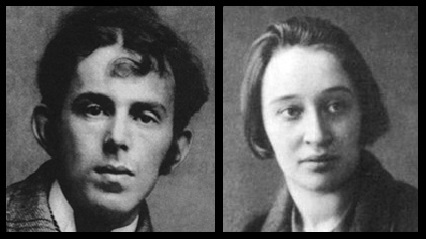
/https%3A%2F%2Fdev.lareviewofbooks.org%2Fwp-content%2Fuploads%2F2021%2F01%2Fpoems.jpg)



